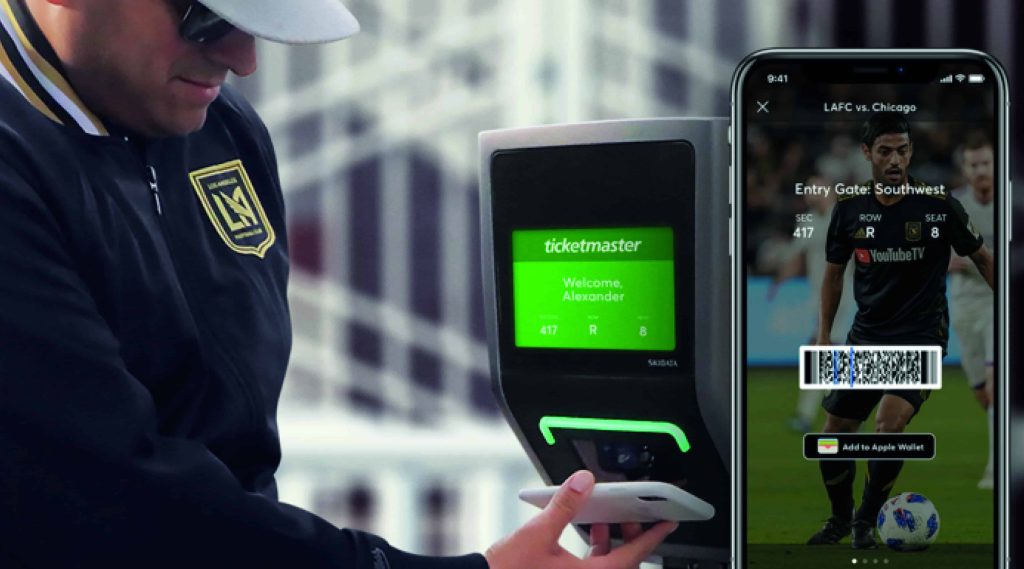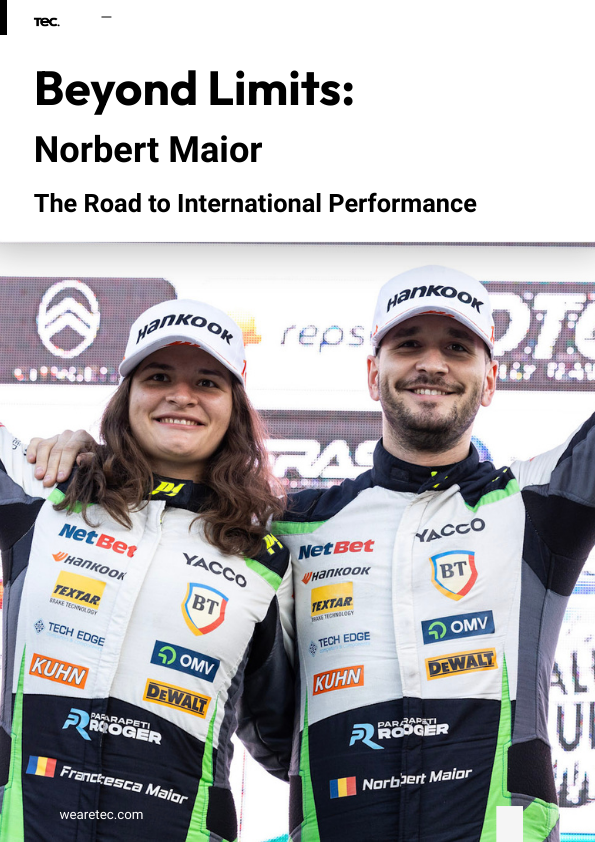
Whether for the Australian Open, 6 Nations, the Super Bowl or any of the many other events taking place around the world, hundreds of thousands of sports fans this past month will have received or used a digital ticket for a sporting event.
Digital tickets are now the norm across all forms of entertainment, with even older fans now fully versed in the experience of receiving tickets via email, or via the official event or venue app, and then redeeming them onsite by scanning the individual ticket bar or QR code on their phones. The use of digital tickets is not without pitfalls – customers can still fall foul of poor wifi or mobile connectivity at the venue, preventing them from accessing their tickets – but the simplified user experience for today’s smartphone-savvy society means they are here to stay.
Digital ticketing doesn’t just make things simpler for the user. By binding customer ticketing accounts to their main CRMs via single sign-ons (SSOs), rights holders can offer personalised experiences for fans on site, including tailored retail offerings based on customer preferences and wayfinding support around the venue. This also enables the event organiser to better track and improve a customer’s journey around the venue.
Another key benefit of digital ticketing is that it is less prone to fraud and counterfeiting, with features like dynamic QR codes and in app ticketing helping to provide greater protection for consumers. The increasing use of blockchain technologies to mint tickets, adds a further layer of security, creating tickets that are unique, traceable and tamper-proof. Crypto’s image in sport has taken quite a battering in recent times, with failed sponsorship deals and the collapse of the NFT market, but the enhanced security provided means that blockchain’s role in ticketing will only grow and more and more major rightsholders and their ticketing partners are adopting blockchain based ticketing solutions.
While the influence of technology ticketing security and customer experience has largely followed a progressive upward curve, digital innovation has both accelerated and helped combat one of the industry’s longest standing issues. The practice of ticket reselling has been part of the sport for many years, with cries of “any tickets, buy or sell” piercing the hubbub outside grounds and the furtive glances of touts as commonplace as hideous, half and half scarves. Speaking from experience, the tickets offered by these shady resellers were always overpriced and often counterfeit but a mix of demand and desperation has made many a fan roll the dice.
Technology brought the practice online, enabling resellers to use bots to beat genuine fans to tickets at the point of sale – often referred to as ticket scalping – and then offer them at vastly inflated prices on social media or other online marketplaces. As with touts outside grounds, these online transactions offer fans no security or guarantee, and the rights holder has no influence over the price or experience. In this case, technology merely accentuated the problem.
For many, the historic Wild West of touts and dodgy deals means there is still a stigma attached to ticket reselling. However, with the supply of sports tickets increasingly squeezed by sponsor and hospitality requirements and demand skyrocketing due to global media coverage, the need for a secondary market is undeniable.
Technology has enabled specialised businesses like Viagogo and SeatGeek – and incumbents like Ticketmaster – to legitimise the secondary market by creating regulated online marketplaces, often in partnership with rightsholders, that enable fans to sell unwanted tickets or pay that bit extra for a particular game if they want. These online platforms offer security in the form of guarantees on ticket authenticity (or your money back) but prices, due to demand remain high and unrestricted. This is where blockchain technology can help. Ticket providers can use the blockchain to programme a price ceiling into the ticket, preventing exorbitant resale fees but also build in a commission for the original seller, which is activated on resale. This ensures fans are protected from unfettered price hikes and enables rights holders to share in the profits from the secondary market, creating a much fairer system for both attendees and organisers.
For businesses looking to digitize their ticket offering – or upgrade their existing digital solution – their strategy should be shaped by how technology can improve the user’s experience at the point of sale and ingress and protect them from fraud. They must also balance this with a need to maximise sales and ensure that stadia are filled. As addressed here, creating ticketing solutions bound to your central CRM via SSOs and integrating blockchain technologies that prevent fraud, protect prices and build in commissions are great places to start.
Calling on our learnings across almost a decade of providing digital experiences for leading sports events and music festivals, we have analysed the fan journey across the different stages of event engagement. From ticket purchases to post-event surveys, we’ve dived into the technologies that have had the greatest impact and those that are likely to shape the event experience of the future.
Discover more in our whitepaper below.




